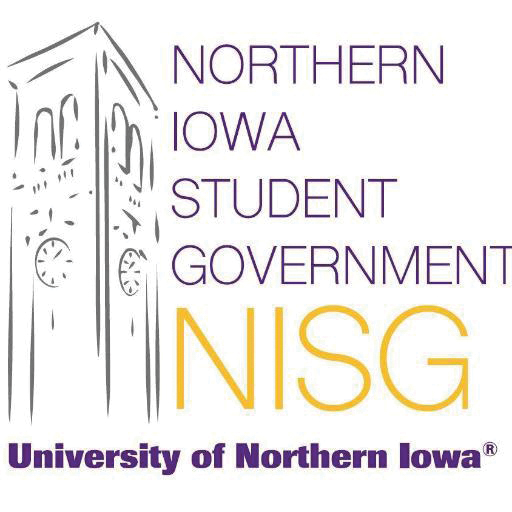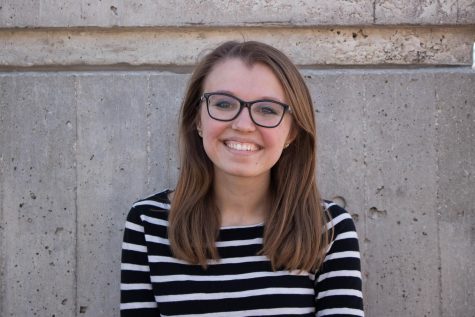New NISG Legislative Liaison Team chosen

Nov 29, 2018
NISG recently announced the newly appointed members of its Legislative Liaison Team: Ann Metz, Isaak Espersen, Jacob Madden, Jacob Levang, and Joshua Dausener.
The Legislative Liaison Team visits the Iowa State Capitol building in Des Moines bi-weekly to speak with legislators on UNI’s behalf. This is the second year that NISG has sent students to the capital since re-launching the initiative last year.
“The purpose is to bring the student voice to legislators,” said Matt Johnson, NISG director of governmental relations. “Legislators are already hearing from university administration and different university officials, along with other Board of Regents people. Students can offer first-hand experience of their time here at UNI and bring the real experiences of students.”
Johnson explained that the students chosen to represent UNI at the capitol are selected through an application and interview process by the administration and Johnson himself as the director.
“Our responsibilities will be meeting with legislators, attending committee meetings that are valuable, having a partnership with the Board of Regents and president’s office and sharing that story of UNI,” Johnson said.
According to Johnson, the university is currently asking for an additional four million dollars in funding in order to keep tuition rates where they are. There is potential medical amnesty legislation also in the works. These are two main issues that the team will be advocating for.
The funding to send students to the capitol comes from NISG’s operating budget, which comes from student fees. Johnson, as director of governmental relations, uses his portion of the budget to fund the trips.
Espersen, a junior political science and history double-major, is entering his second year on the team.
“I very much enjoy Iowa politics and how it relates to UNI, and kind of seeing the inner workings of how that relationship is,” said Espersen.
Espersen agreed that students physically showing up and talking to legislators in person can really affect the amount of governmental attention UNI receives.
“One thing we heard a lot last year from the legislators was that it’s huge for us to go down there, because when they see us down there, just the visual, makes UNI kind of present in their mind and I don’t think otherwise it really would be,” Espersen said. “We’re smaller than Iowa State and Iowa, and as far as that goes, it’s very important that the legislators kind of remember that we are there, especially now, Walt Rogers is gone and he was a big advocate for UNI.”
Espersen also emphasized that UNI receives less funding than the other two state schools and the importance of retaining existing funding and advocating for more.
“It’s very important for us to go down there and make sure that our voices are being heard.”














